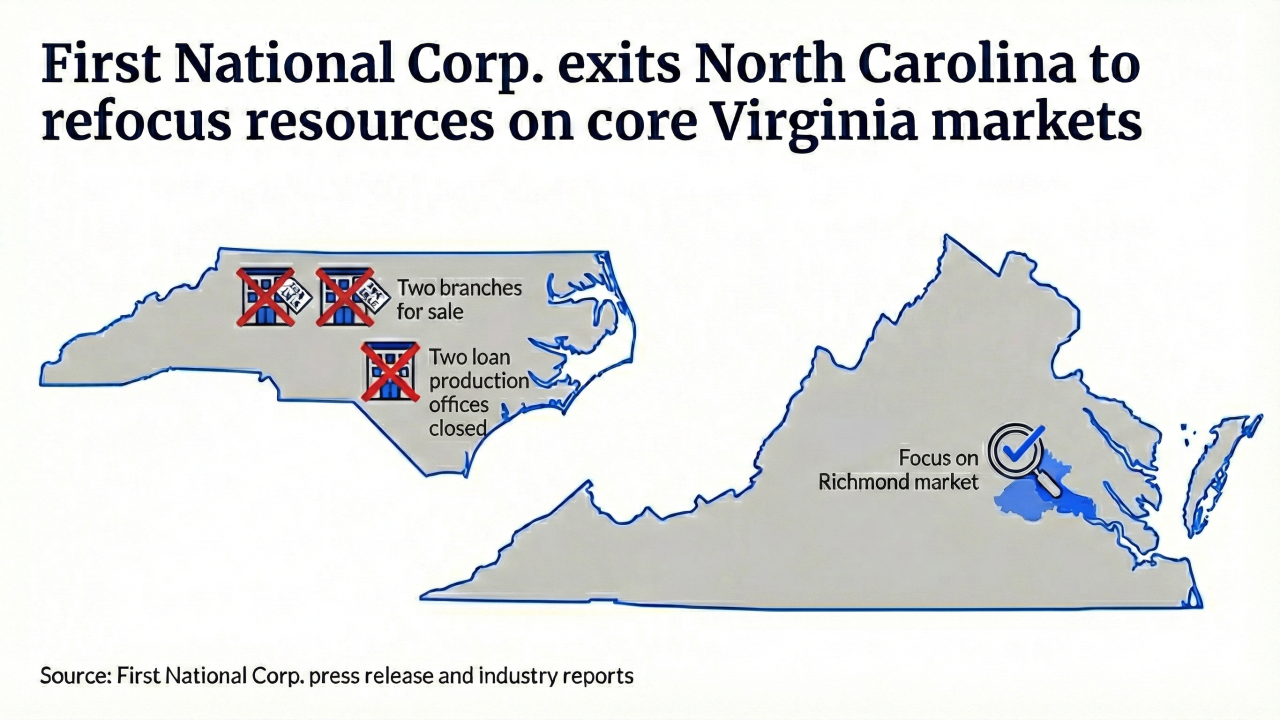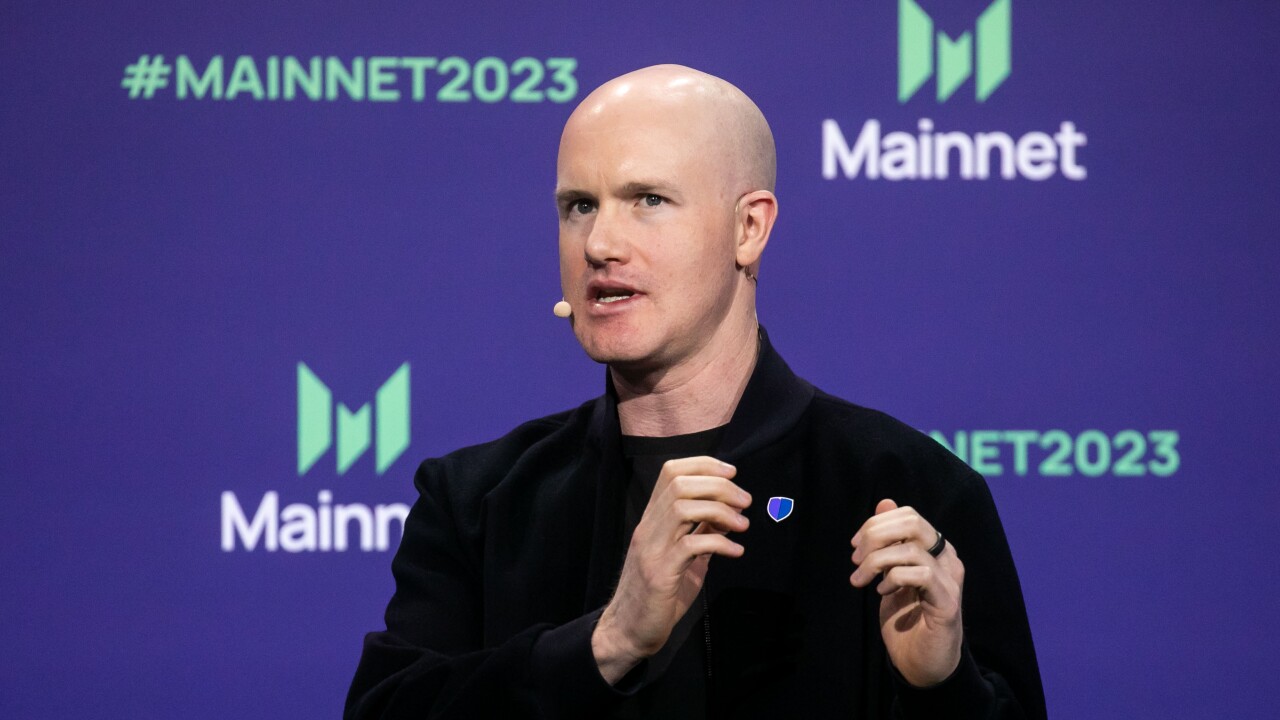Last week, the Obama administration, under the leadership of FHFA, HUD and Treasury, and with the support of the Federal Reserve, announced a bold new plan to accomplish what its unsuccessful Hamp program was created to do.
Conceptually, the administration's decision to make available hundreds of thousands of foreclosed properties for tenant occupancy and future homeownership is the best idea in many years on how to solve the foreclosure crisis. It could also create a future stimulus for responsible homeownership.
My organization, which counsels homeowners facing foreclosure, is supportive of the tenant-to-homeowner concept. In fact, I co-authored an
A few months later in August 2009, with the support of the Federal Reserve of San Francisco, we co-hosted a meeting for five of the largest servicers to discuss the idea. The servicers included Bank of America, Wells Fargo, JPMorgan Chase, Citigroup and US Bancorp. The banks raised many legitimate concerns relating to what type of support, if any, would come from the administration.
The problem with the administration's program is that there are no hard specifics or incentives for responsible financial institutions and nonprofits to avoid the types of problems that have occurred under Hamp.
Sadly, it presently appears that the major investors, including large hedge funds that profited from the misery of homeowners, will be in the best position to purchase foreclosed properties at a deep discount. Then they will have the government, via Fannie and Freddie, become our nation's largest landlord and possibly slum landlord.
We have a solution that is far more likely to have bipartisan support, could avoid the unnecessary growth of government, could produce far better results for families in distress, and could prevent unjustified billion dollar windfalls for hedge funds.
First, we urge that the Federal Reserve, which has pledged to keep interest rates at close to zero through 2013, to provide three-year interest-free loans to responsible, HUD-approved homeownership-counseling nonprofits to purchase hundreds of thousands of REOs at deep discounts from the major servicers. This should include a special emphasis on nonprofits seeking to turn tenants into future homeowners.
Second, any homeowner benefitting from a tenant-to-homeownership program should have the option of extensive counseling, including guidance on securing the credit scores and downpayments necessary for future homeownership.
For example, we will be proposing to the FHFA that any tenant residing in a foreclosed property should get downpayment credits from their prompt rental payments if they maintain the property. Then the tenant could supplement these credits by putting aside a small percentage of her monthly income in an interest-bearing downpayment savings account.
Third, if the tenant, through a combination of credits and personal savings, accumulates ten percent or more of the value of the foreclosed home, which is likely under the above scenario, she would be in a position to easily qualify for an FHA loan and probably for the best available 30 year fixed rate mortgage.
Fourth, where possible, management of the properties should avoid the stigma and the inadequacies of government control. That is, the rental costs should build in a modest but appropriate fee for private management, which in some cases could include nonprofits dedicated to avoiding slum landlord conditions.
The most important ingredient in any major government-initiated program for tenant-to-homeownership opportunities is the resources and commitment of the tenant/homeowner, not the paternalism of the government.
This means that we must arm every tenant with sufficient financial and credit scoring counseling so that they are individually capable of bargaining for the best rates and terms. And every tenant should be effectively counseled to avoid the mistake of buying a home that they are not able to afford.
Another important ingredient to ensure that the administration's proposal secures bipartisan support and avoids the mistakes of Hamp, is to ensure a buy-in from the CEOs of influential financial institutions such as JPMorgan Chase, Wells Fargo, US Bancorp and Goldman Sachs.
If all of the above is accomplished, there will be bipartisan congressional support to convert troubled homeowners into tenants with the potential to become future responsible homeowners and part of an "ownership society."
Faith Bautista is the president of the National Asian American Coalition.





